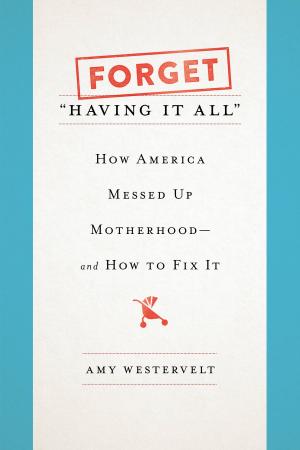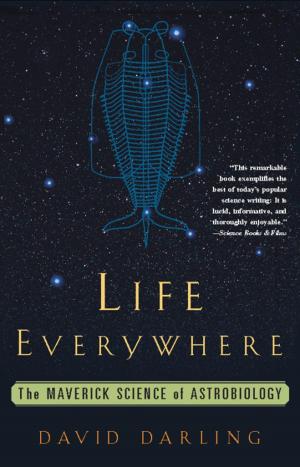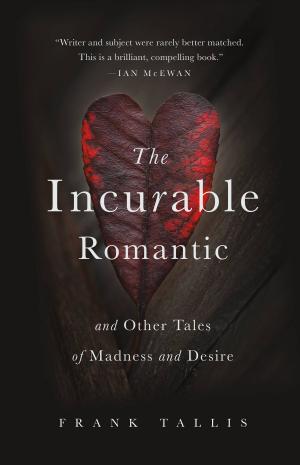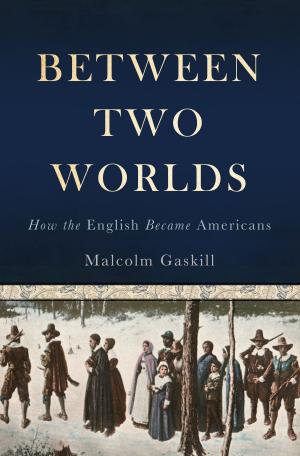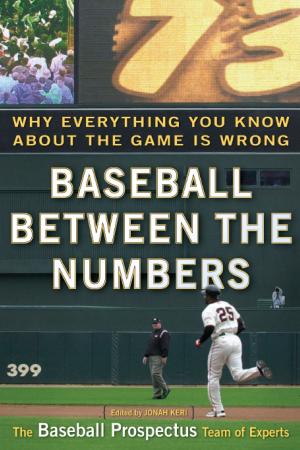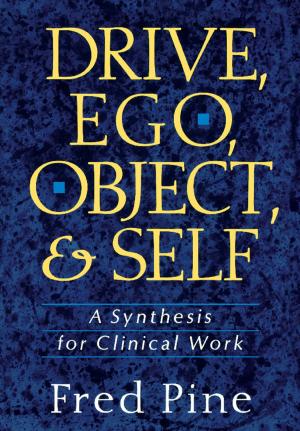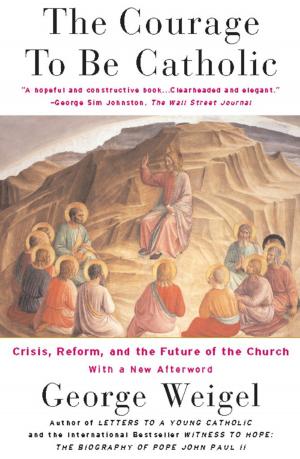The Happiness Hypothesis
Finding Modern Truth in Ancient Wisdom
Nonfiction, Religion & Spirituality, Philosophy, Mind & Body, Health & Well Being, Psychology, Social Psychology, Self Help, Mental Health, Happiness| Author: | Jonathan Haidt | ISBN: | 9780465003686 |
| Publisher: | Basic Books | Publication: | December 26, 2006 |
| Imprint: | Basic Books | Language: | English |
| Author: | Jonathan Haidt |
| ISBN: | 9780465003686 |
| Publisher: | Basic Books |
| Publication: | December 26, 2006 |
| Imprint: | Basic Books |
| Language: | English |
The bestselling author of The Righteous Mind and The Coddling of the American Mind draws on philosophical wisdom and scientific research to show how the meaningful life is closer than you think
The Happiness Hypothesis is a book about ten Great Ideas. Each chapter is an attempt to savor one idea that has been discovered by several of the world's civilizations -- to question it in light of what we now know from scientific research, and to extract from it the lessons that still apply to our modern lives and illuminate the causes of human flourishing. Award-winning psychologist Jonathan Haidt, the author of The Righteous Mind and The Coddling of the American Mind, shows how a deeper understanding of the world's philosophical wisdom and its enduring maxims -- like "do unto others as you would have others do unto you," or "what doesn't kill you makes you stronger" -- can enrich and even transform our lives.
The bestselling author of The Righteous Mind and The Coddling of the American Mind draws on philosophical wisdom and scientific research to show how the meaningful life is closer than you think
The Happiness Hypothesis is a book about ten Great Ideas. Each chapter is an attempt to savor one idea that has been discovered by several of the world's civilizations -- to question it in light of what we now know from scientific research, and to extract from it the lessons that still apply to our modern lives and illuminate the causes of human flourishing. Award-winning psychologist Jonathan Haidt, the author of The Righteous Mind and The Coddling of the American Mind, shows how a deeper understanding of the world's philosophical wisdom and its enduring maxims -- like "do unto others as you would have others do unto you," or "what doesn't kill you makes you stronger" -- can enrich and even transform our lives.





